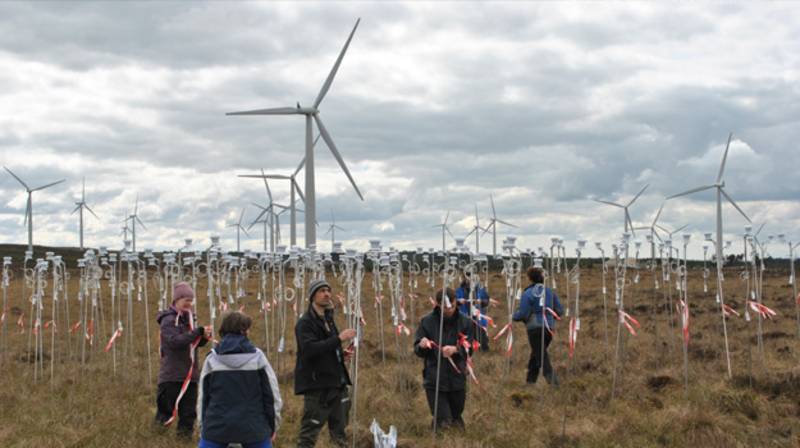
In the anthropocene slow carbon cycles are becoming faster. How do we know?
Prof Susan Waldron, Professor of Biogeochemistry, School of Geographical and Earth Sciences
University of Glasgow, United Kingdom
Abstract: Rivers transport carbon (C) from the land surface to the ocean. However, evasion of carbon dioxide (CO2) from fluvial systems is now recognized as a significant component of the global carbon cycle, returning CO2 to the atmosphere without the opportunity for sequestration in the ocean. If this rate of transfer (from the land to the river to the atmosphere / ocean) stays constant then such efflux does not exert a feedback on a changing climate.
However, if the rate of loss of C from the land changes and increases or decreases CO2 efflux, then this exerts a feedback on the Earth warming. It is important we understand the magnitude of this efflux and what controls it. The research I will present shows how we are adding understanding here, often through fieldwork in landscapes sensitive for C storage: the Amazon, Greenland, Malaysia. Our research reveals that old C is being mobilised, and in some sites this is because of man’s activities: in the Anthropocene are we speeding up slow carbon cycles?